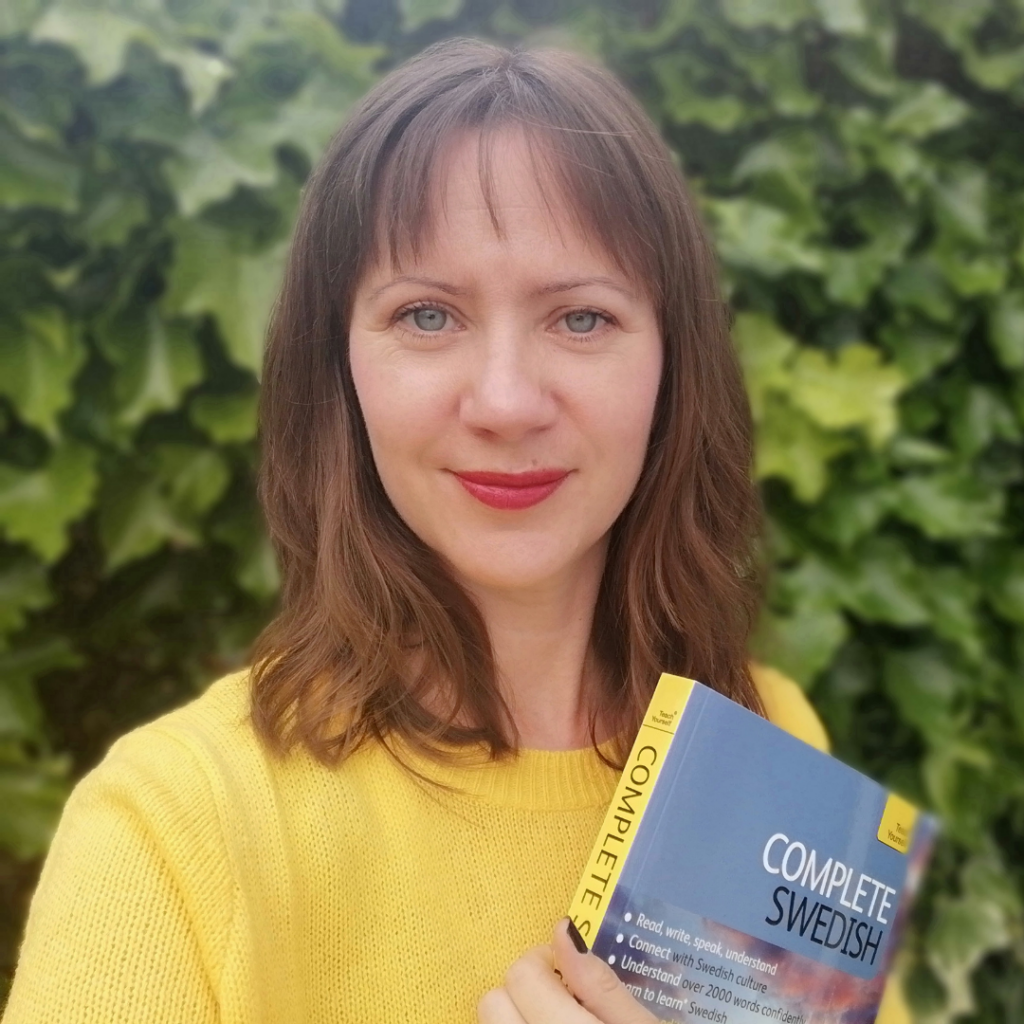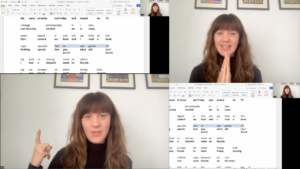Are you unsure of when to use the time prepositions i, på, and om when describing when, for how long or how often something happens? You are not alone. Let’s dive into the murky waters of time prepositions, and look at the categories of Point in Time, Time Duration and Frequency, as they will dictate when you use i, på and om.
När? When? (point in time)
When you want to say something about when something will happen or happened, you want to refer to a Point in Time. And you have two options. Either you want to talk about something will happen in the future, or you want to talk about something that happened in the past.
FUTURE – om
Unless you want to give the exact date or time (which is of course fine too!), you can use the preposition om, and then add the time between now and the event that you are talking about. For example:
om ett år – in a year’s time
om en vecka – in a week’s time
om 5 minuter – in 5 minutes’ time
PAST – för … sedan
If the event happened in the past, you can use för + time + sedan. This basically means ago. Notice that we do not have one word for ago, we have two! One that comes before the time and one that comes after. For example:
för ett år sedan – a year ago
för en vecka sedan – a week ago
för 5 minuter sedan – 5 minutes ago
Hur länge? (For) how long? (duration of time)
If you want to talk about how long something has been happening, you will be referring to Duration of Time. Here you also have two options, but they are more to do with positive and negative. If something has been going on, or will be going on (in this sense, positive) for a duration of time, use i. For example:
Jag har studerat svenska i 2 år – I have studied Swedish for 2 years
Jag ska vara i Grekland i 2 veckor – I will be in Greece for 2 weeks
If something has NOT been happening for a period of time, or will NOT happen for a period of time, use på. For example:
Jag har inte gått på gymmet på 2 veckor – I have not been to the gym for 2 weeks
Jag ska inte ha semester på 2 månader – I won’t have a holiday for 2 months
Hur ofta? How often? (frequency)
If you want to express how often something happens, or has happened, you are in the area of Frequency. Here, you need to use either i or om. This will be determined by the word that you use. Here are the rules:
If it is dagen, dygnet, or året, use om:
en gång om dagen – once a day
en gång om dygnet – once every 24 hours
en gång om året – once every year
If you want to up the frequency, just change en gång to två gånger (twice), tre gånger (three times), fyra gånger (four times), and so on.
If it is sekunden, minuten, timmen, veckan, månaden or kvartalet, use i:
en gång i sekunden – once every second
en gång i minuten – once every minute
en gång i timmen – once an hour
en gång i månaden – once a month
en gång i kvartalet – once every 3 months
Same thing here, if you want to up the frequency, just change en gång to två gånger (twice), tre gånger (three times), fyra gånger (four times), and so on.
Also notice that the time unit takes definite form: dagen, månaden, året, and so on.
Practice
Now that you know the difference between Point in Time, Duration and Frequency, could you fill in the right preposition into these six sentences? (the question is given in brackets before the sentence)
1 (När?) Johan ska åka till Grekland _______ två veckor.
2 (När?) Lisa var i New York _______ tre månader ________.
3 (Hur länge?) Sarah har studerat svenska _______ 3 år.
4 (Hur länge?) Jag har inte träffat min kusin ______ 5 år.
5 (Hur ofta?) Scott brukar åka på semester två gånger ______ året.
6 (Hur ofta?) Paul tränar på gymmet fyra gånger ______ veckan.
I’ve put together a little mini e-book for you so you can learn the 5 trickiest time prepositions, all in one go!
Just sign up to my newsletter here and you can download the PDF immediately.
Lätt som en plätt!






